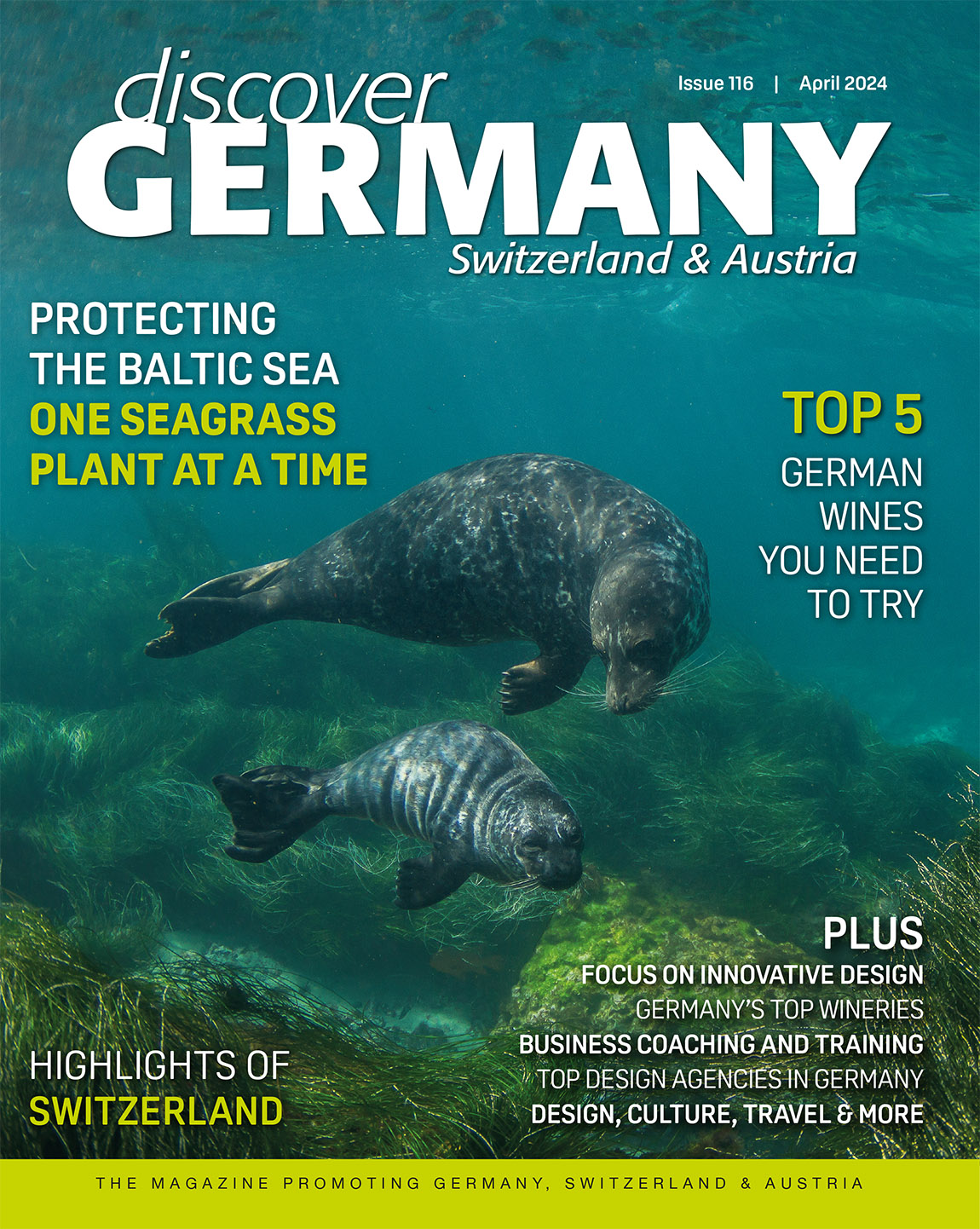On some rather interesting metaphors

The delights of the German and French vocabulary
In this column, author Adam Jacot de Boinod explores the weird and wonderful world of German and French vocabulary, and discovers some rather interesting terms. Let us take a look at what he has found.
German is highly imaginative in her adoption of phrases from their literal definition to be given a whole new metaphorical sense:
– sternhagelvoll: completely drunk (literally, full of stars and hail)
– Katzenjammer: a very severe hangover (literally, the noise made by mating cats)
– leben wie die Maden im Speck: to live the life of Riley (literally, to live like a maggot in bacon)
– eine Kröte schlucken: to make a concession grudgingly (literally, to swallow a toad)
– Schnee von gestern: water under the bridge (literally, yesterday’s snow)
– Mein Rad hat eine Acht: a buckled wheel (literally, my bike has an eight)
– ein Gesicht wie 37 Tage Regenwetter haben: a long face (literally, to have a face like thirty-seven days of rain)
– Ich verstehe nur Wortsalat: I don’t understand a thing you are saying (literally, all I hear is word salad)
– dastehen wie ein begossener Pudel: to look depressed (literally, to stand there like a soaked poodle)
– ins Fettnäpfchen treten: to drop a brick (literally to step into a bowl of fat)
– Bären aufbinden: to tell false tales (literally, to tie a bear onto someone)
Words don’t necessarily keep the same meaning. Simple descriptive words such as ‘rain’ or ‘water’ are clear and necessary enough to be unlikely to change. Other more complex words have often come on quite a journey since they were first coined. The following owe their origins to French:
– chauffer: to heat; then meant the driver of an early steam-powered car and subsequently a chauffeur
– prestige: a conjuror’s trick: the sense of illusion gave way to that of glamour that then was interpreted more narrowly as social standing or wealth
– accolade: derives from ‘accoler’ (to embrace) because knighthoods were initially conferred with an embrace
– jargon: comes from the old French word ‘jargoun’, ‘twittering’ from the sound made by birds that is incomprehensible to others
Adam Jacot de Boinod worked on the first series of the BBC panel game QI for Stephen Fry. He is a British author having written three books about unusual words with Penguin Press.
TEXT: ADAM JACOT DE BOINOT | PHOTO © DREAMSTIME
Disclaimer: The views and opinions expressed in this column are those of the author and do not necessarily reflect the official policy or position of Discover Germany Magazine.’
Subscribe to Our Newsletter
Receive our monthly newsletter by email




